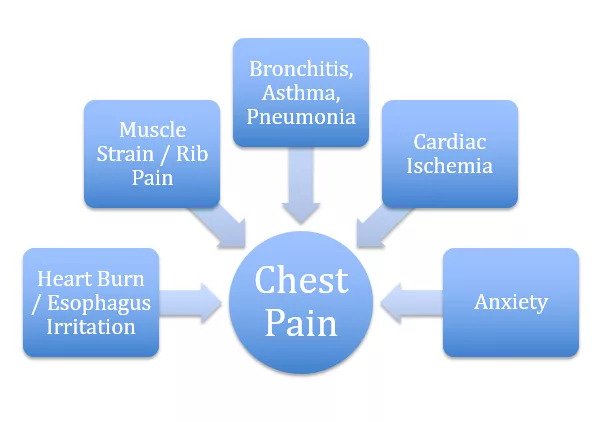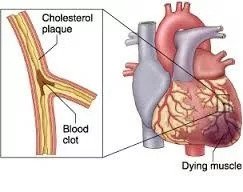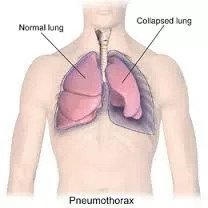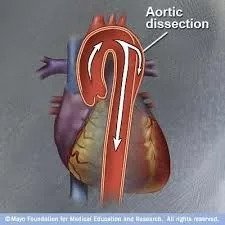What is Causing Your Chest Pain? — Premier
- Category: Symptoms
- Posted On:

Joshua Strommen MD, FACEP
Chest pain is one of the most common reasons for patients to visit the Emergency Department in the United States. The very idea of chest pain causes significant concern to patients and physicians alike. For the patient, there are usually concerns of a heart attack, anxiety, or maybe even gastrointestinal reflux (heartburn). For the physician, there are several other disease processes that need to be considered in addition to the more common causes, which are listed below.
Common Causes of Chest Pain

7 Dangerous Causes of Chest Pain
1. Acute myocardial infarction (Heart Attack) – An artery in your heart is occluded. There are 2 types of heart attacks.
a. Type 1 - You will be immediately sent to a cardiologist and they will need to open the artery with a stent or potentially heart surgery.
b. Type 2 - You will be given medicines to help improve blood flow.

2. Pulmonary Embolism – This is a blood clot that is found in your lungs. It causes shortness of breath and prevents oxygen from getting into your body. This is treated with blood thinners for up to 3-6 months, or sometimes for life.
3. Pneumothorax – This is a collapsed lung and you will need supplemental oxygen or a chest tube inserted into your chest to re-expand the lung.

4. Aortic Dissection – The Aorta is the biggest artery in your body, and if it expands or ruptures it is life-threatening. Uncontrolled high blood pressure and smoking are major contributors to this disease.

5. Pneumonia – This is a bacterial infection in the lungs that needs to be treated with antibiotics.
6. Esophageal Rupture – In very rare instances your esophagus can tear, which can cause a severe infection where you will need hospitalization and antibiotics.
7. Pericardial Effusion – This is diagnosed when there is fluid around the heart, causing the heart to be compressed. Common causes include cancer, autoimmune conditions, or viral infections.
SEEK CARE AT AN EMERGENCY ROOM IF:
1. Your chest pain is worse with exertion (walking, working, running).
2. You have new chest pain that you have never had before.
3. Your chest pain is associated with shortness of breath
4. Your chest pain is associated with vomiting, sweating, or abdominal pain
At PremiER chest pain is always evaluated in our Emergency Room. We can evaluate, diagnose, and treat all of the above emergencies if they are identified. We are also capable of getting you to a cardiologist within minutes of your arrival if the need arises. So don’t hesitate to call or visit us if you are concerned.
